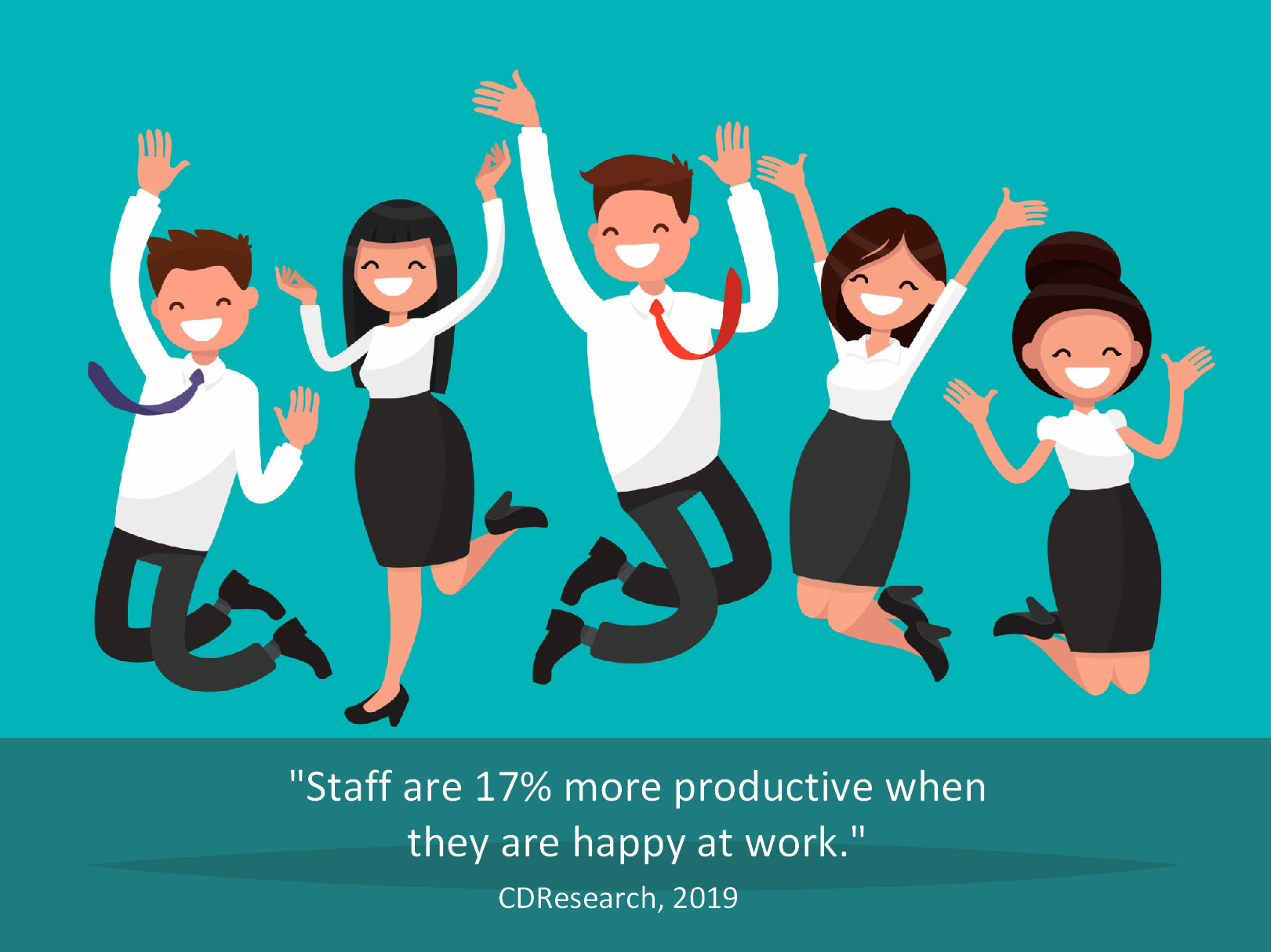Suppose you and a couple of friends enter a competition. Which of the following two outcomes would you prefer: (a) you win £1000 but both friends win £2000 each, OR (b) you win £500 but each friend only wins £100. It’s a no-brainer, right? Any half-sane person would choose (a). After all, you get twice the amount of money! Surprisingly, though, many studies show that most people prefer (b). Strange, but true.
Actually, it’s not so strange: it’s a well-known phenomenon in the world of psychology. It’s an effect called ‘Loss aversion’, which means that there is a human tendency to hate losing more than we like winning. In the above example, you may get more money, but you perceive yourself to be ‘losing’ to your friends, so you opt for (b), where you ‘win’ – even though you get less money.
It may seem weird, but loss aversion is very powerful. In fact, according to various studies, we find that losses hurt about twice as much as gains make us feel good. And it’s an effect which shows up in almost every aspect of life. In consumer behaviour, for example, shoppers react more negatively to a price increase (losing) than they react positively to a price decrease (winning). And in personal relationships, it generally takes at several kind comments (wins) to make up for one critical comment (loss).
And loss aversion doesn’t just effect our behaviour, it affects our ability to perform, too. A good example of this is in golf. An analysis of millions of putts has shown that golfers are roughly twice as likely to hole a putt for par (missing would represent a loss) than they are to hole a birdie putt (which represents a gain). It’s estimated that, without loss aversion, Tiger Woods would have won approximately $3.5million more, over his career!
Why are we so afraid of losing? Well, essentially, it’s an expression of fear that has its roots in human evolution. Millions of years ago, when proto-humans had few possessions, the main ‘loss’ they could sustain was that of their life. A bad decision (e.g. to attack an animal for food) could result in death, so they learned to be risk-averse and weigh decisions very carefully. Today, the result of that adaptive pressure is a negative emotional response to loss. As Charles Darwin once said, “Everyone feels blame more acutely than praise.”
But if this is true (that loss aversion is a negative emotional response to loss), does it help if you’re wealthy? Answer – no. Being wealthy doesn’t help. For rich people, the pain of losing their fortune exceeds the emotional gain of getting additional wealth, so the rich often become vulnerable, anxious and over-cautious. Ironically, the more we have, the more vulnerable we are. Having accumulated wealth implies that we have more to lose than to gain.
And yet, this is a misperception: a result of an unconscious cognitive bias (loss aversion) that is causing poor decision-making (like choosing option A at the beginning of this piece). The reality is that, often, we will be better off if we are aware of the emotional impact of loss aversion, and take action to counteract it. Loss aversion is not a rule that must be obeyed – it is an unconscious process to be overcome!
And that’s the point of this article. It’s that we could all benefit from being aware of how loss aversion can pressure us to make a wrong decision. In the current context (Lifestyle Management), this particularly applies to relatively wealthy people. If you consider yourself among their number, it’s easy to leap to the conclusion (assisted by loss aversion) that taking on a personal Lifestyle Manager would lead to monetary losses and no significant gain. But, very often, the opposite is true: very significant gains in lifestyle quality are there to be had.
So if you’ve been considering taking on a personal Lifestyle Manager, and have decided against, ask yourself: what’s the reality here? Am I a victim of loss aversion? Am I missing out? There’s a good chance that you are!









